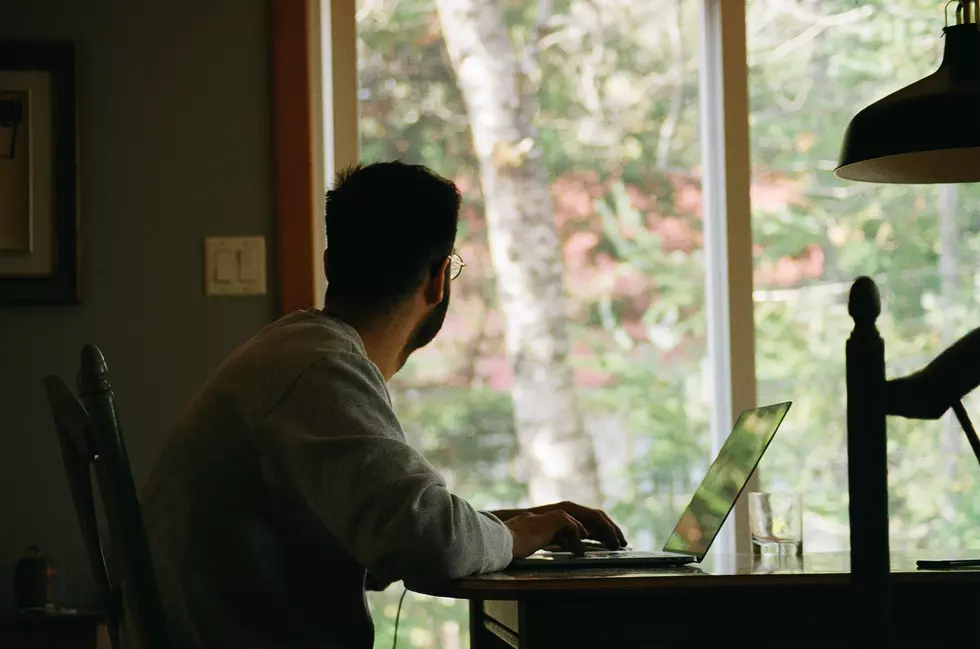
COVID-19 has changed the way we work — but how permanently?
At this time last March, New Jersey and most of the world was suddenly facing the most dire health emergency in modern history. To stop the spread of COVID-19 and save lives, businesses across the state were ordered shut.
A year after altering the business landscape, there is light at the end of the tunnel with the accelerating rollout of the COVID vaccination campaign. But some things may never change.
According to Tom Bracken, the president and CEO of the New Jersey Chamber of Commerce, businesses learned that communicating and working remotely can be efficient.
“I think that model and the efficiency of remote working is here to stay, not probably in total, but in part," he said.

Bracken said he expects many businesses to adopt a kind of hybrid model moving forward.
“There may be days where it’s easier to stay home if you have nothing pressing at the office, or nobody to see or meet, and then working from home becomes a very viable option,” he said.
Workers want flexibility
Michele Siekerka, the president and CEO of the New Jersey Business and Industry Association agrees some hybrid form of remote working will continue for the foreseeable future.
She said people came to realize early on that their workers could be effective when working from their homes.
“We know that the next-generation worker, those who are entering the workforce now, want flexibility in scheduling, and we think there is going to be a real movement towards seeing more hybrid, and much more remote work in the future," she said.
She said the challenge for employers is keeping employees engaged. And being in an office is not the same as working from home.
"I walk the building, I stop in to my peers' different offices," she said. "You get a pulse for how people are. You don’t get that same effect when you’re on Zoom.”
Drawbacks of working from home
Bracken said working from home also cannot take the place of face-to-face networking.
“People do miss that, so I think that will be still a major part of how business is conducted when the pandemic is over," he said. “People are just craving to have the ability to get together, talk with people and re-hash what’s been happening.”
He suggested in the months ahead, many firms will adopt a “virtual-local” approach to conducting business.
“You can be virtual if you like but the local aspect means you have to be close enough to the office to get in on short notice," he said.
Siekerka predicts that when the pandemic winds down, companies will resume face-to-face interactions for team meetings and there will social get-togethers.
She added with more emphasis on remote work moving forward, municipalities may wind up losing valuable tax revenue as businesses scale back their real estate footprints.
"That’s yet to be seen what the impact is going to be," she said.
You can contact reporter David Matthau at David.Matthau@townsquaremedia.com
COVID relief for NJ municipalities: How much is your town getting?
KEEP READING: What were the most popular baby names from the past 100 years?
More From SoJO 104.9 FM








![[POLL] Do NJ Residents Feel Safe Enough To Go On Vacation This Summer?](http://townsquare.media/site/396/files/2021/05/Family-On-Vacation-Hiking.jpg?w=980&q=75)

